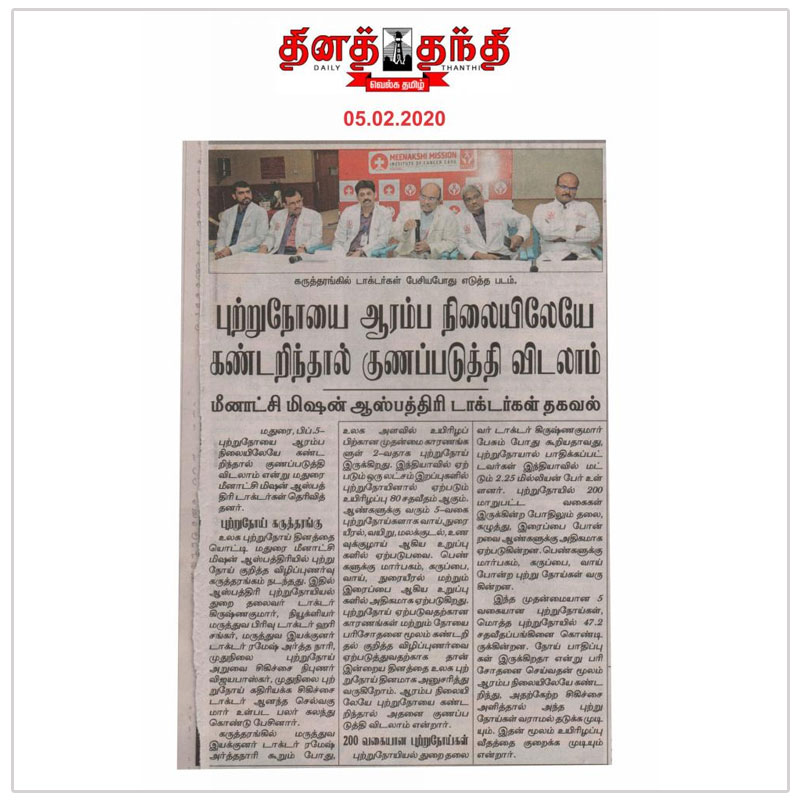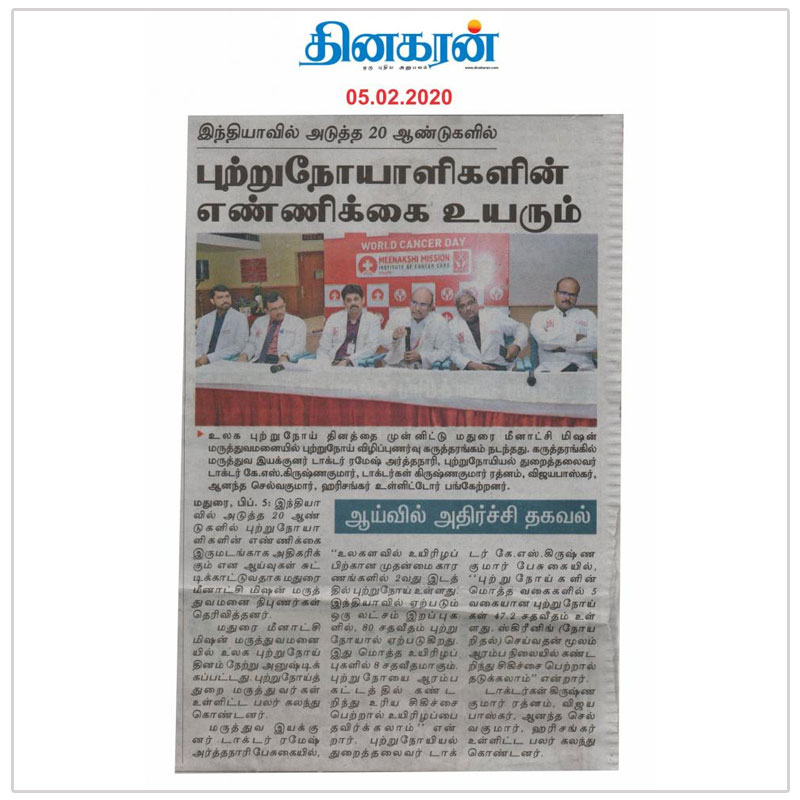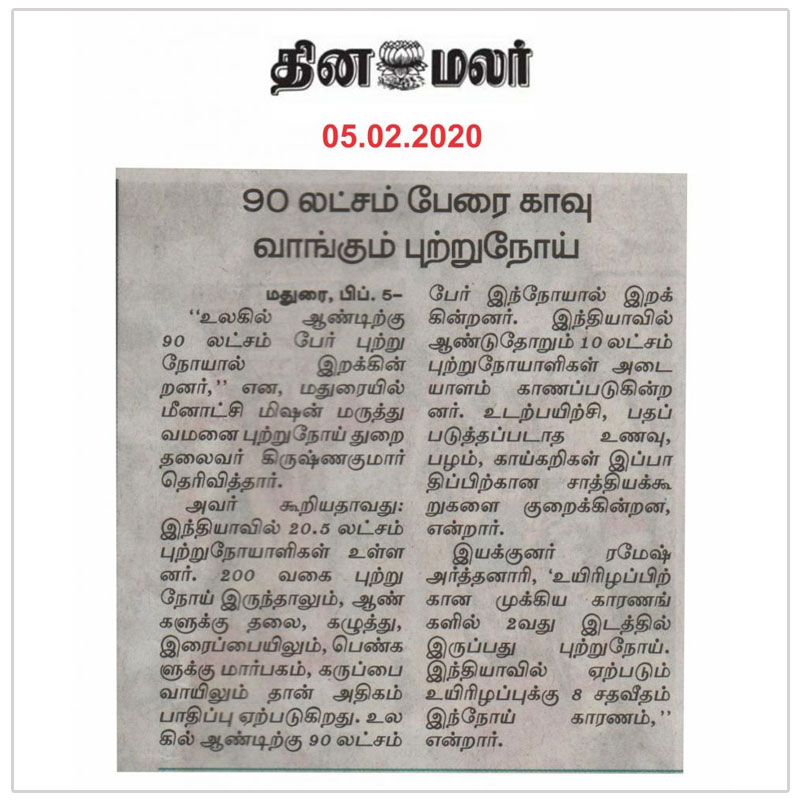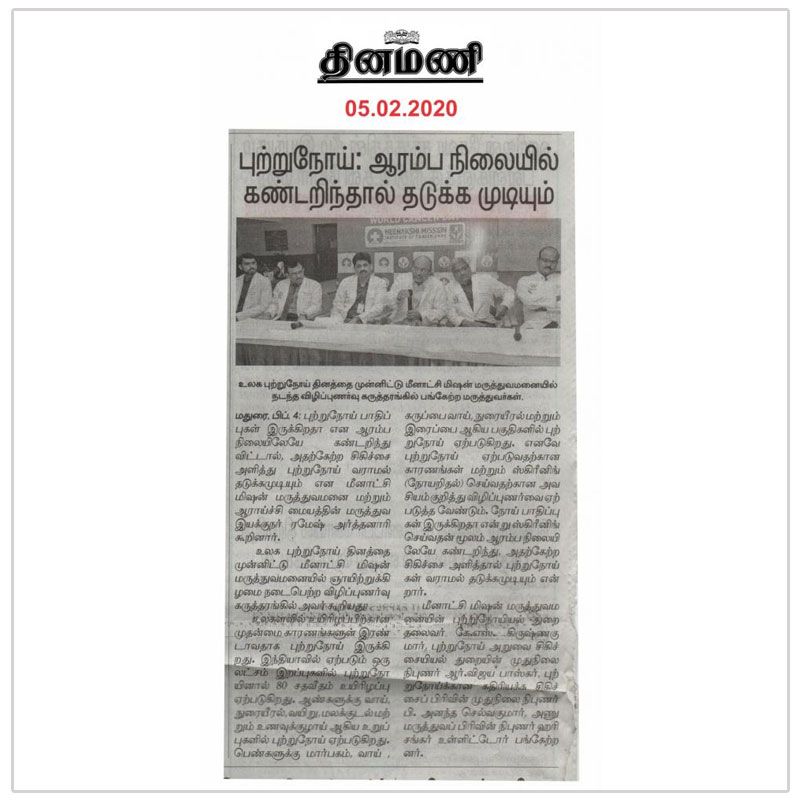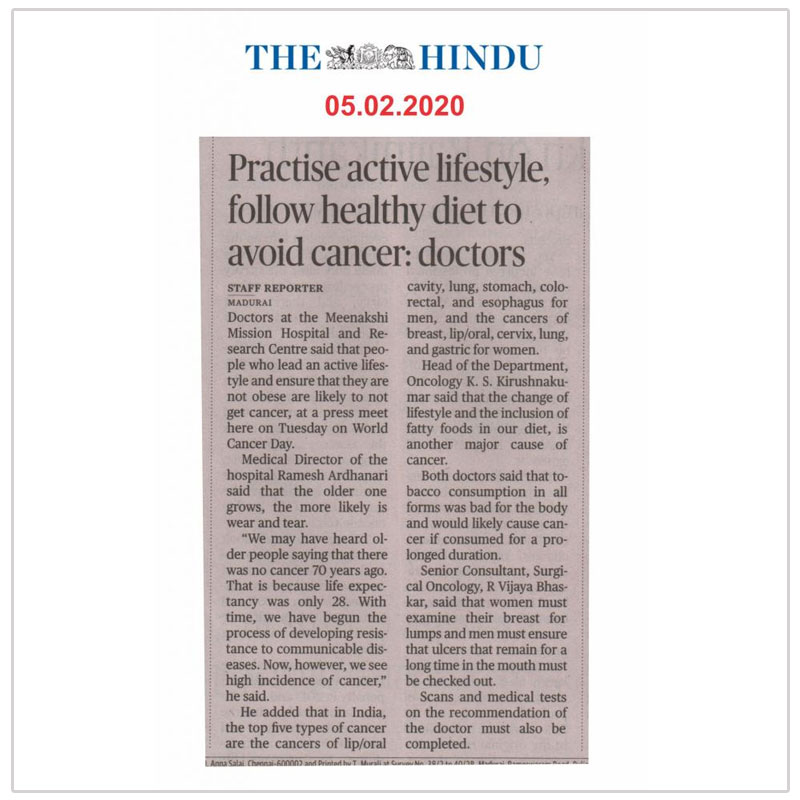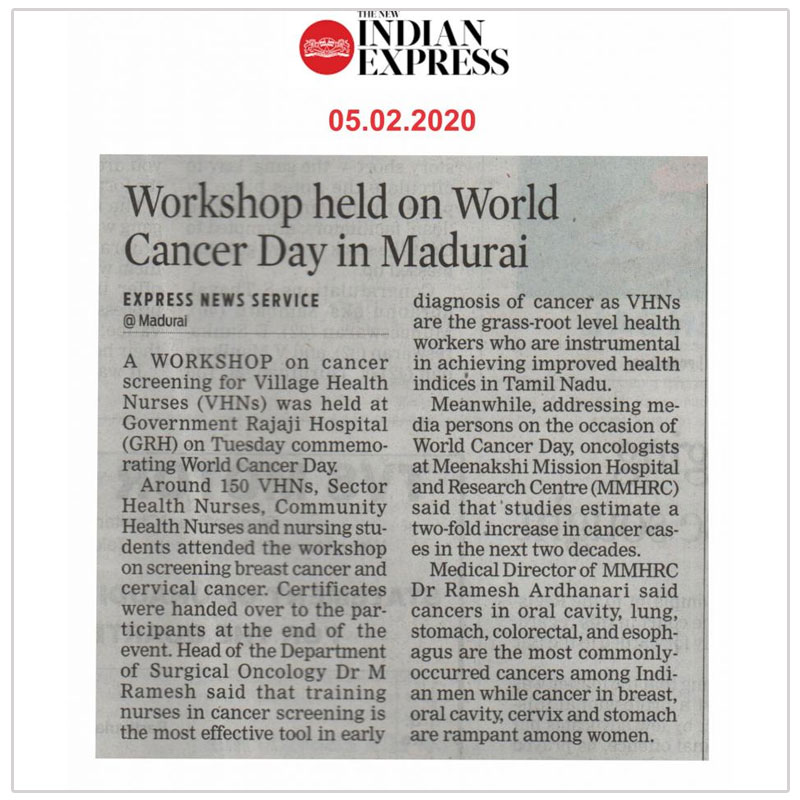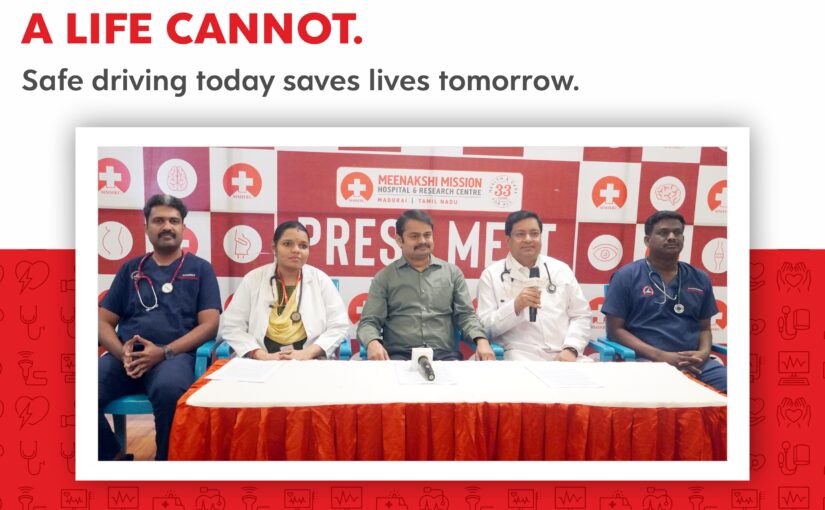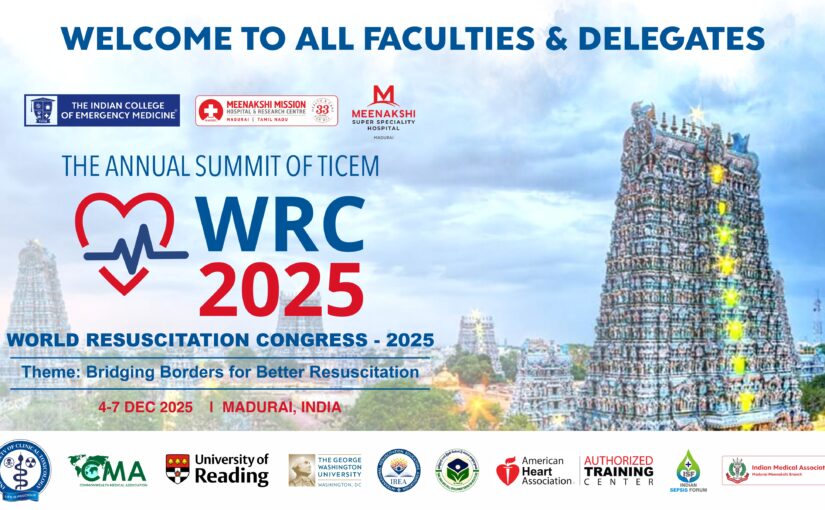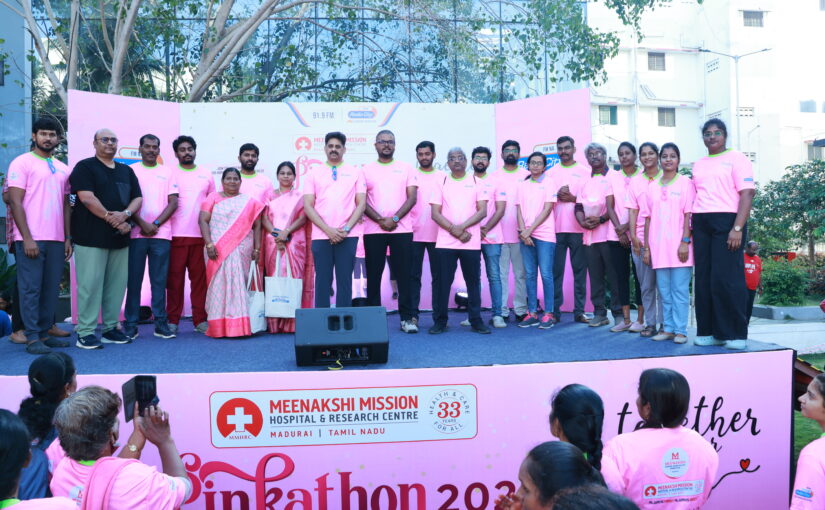The cancer incidence rate (new cases registered every year) in India is close to 110 per 1 lakh population. But studies project that it could increase by two times in the next two decades mainly due to the prevalence of adverse lifestyle factors such as smoking, increased body weight and alcoholism, said medical experts of Madurai Meenakshi Mission Hospital and Research Centre.
Addressing a joint press conference, organised as part of the World Cancer Day 2020 that falls on 4th February, the theme for this year “2020 “I am and I will” which emphasizes on how an individual can contribute and how as a society we can contribute to creating awareness, reducing the burden and supporting treatment and care of cancer patients. The time to act is now. Cancer is the second leading cause of death worldwide. Together, we will change that. they added that the success rate of modern medical treatments for many types of cancer can be as high as 90% when there is early detection.
Dr K. S. Kirushnakumar, HOD, Oncology, Madurai Meenakshi Mission, said that there are 2.25 million cancer patients in India. Though there are about 200 different types of cancer, most common among men in India are cancers of head, neck, esophagus, and among women are cancers of cervix and breast. The mortality rate of this malice is 80 per one lakh deaths or about 8% of the total deaths.
Cancers of the oral cavity and lungs account for over 25% of cancer deaths in males and cancer of the breast and oral cavity account for 25% cancers in the female. The top five cancers in men and women account for 47.2% of all cancers; these cancers can be prevented, screened for and/or detected early and treated at an early stage. This could significantly reduce the death rate from these cancers.
Excess body weight, physical inactivity, smoking, alcoholism are some of the known risk factors. Regular exercise, a diet rich in unprocessed cereals, fruits and vegetables help reduce the risk of cancer, he informed.
Talking about the importance of early detection and modern treatment, Dr Krishnakumar Rathnam, Senior Consultant, Medical Oncology of the hospital, said that globally, the survival rate in high-income countries is far better than that of low or middle-income countries. Cancer kills close to 9 million people every year across the world but over two-thirds of them are in low-and-middle-income countries. In India every year over 10 lakh people are diagnosed with cancer but almost 70% of them die because people seek medical support only after the disease advances to the terminal stage.
He pointed out that in high-income countries like the US, the mortality rate is less than 35%. Early detection, improved treatment, and bringing down the known risk factors have helped these countries achieve a high success rate. “There is a huge gap in demand and supply of treatments. For instance, most of the patients in India do not have access to radiotherapy,” he said.
On the advances in treatments, Dr R Vijaya Bhaskar, Senior Consultant, Surgical Oncology, Madurai Meenakshi Mission, said that cancer deaths are falling as medical science makes significant inroads into cancer treatment. Globally, the survival rate of people diagnosed with prostate cancer has increased from about 68% in the 70s to 99% today. The average 5-year survival rate for women with invasive breast cancer is 90%.
Dr Kasi Viswanathan, Senior Consultant, Paediatric Haematology-Oncology, said, childhood cancer is anywhere between 3 to 5%. Annually, there are 50,000 new cases of children from 0 to 19 years of getting diagnosed with cancer. However, the cure is very realistic in children when compared to adult patients. The symptoms of cancer differ depending on the type. Children who show poor growth, no or negligible weight gain and decreasing appetite need to be screened immediately.
Dr P Ananda Selvakumar, Senior Consultant, Radiation Oncology, and Dr Hari Shankar, Consultant, Nuclear Medicine also addressed the press conference. They emphasised the need for increasing public expenditure and the penetration of health insurance to ease the cancer burden from patients and their families. “The out-of-pocket expenditure on cancer treatment has to be brought down. they noted.
Date: 05.02.2020
